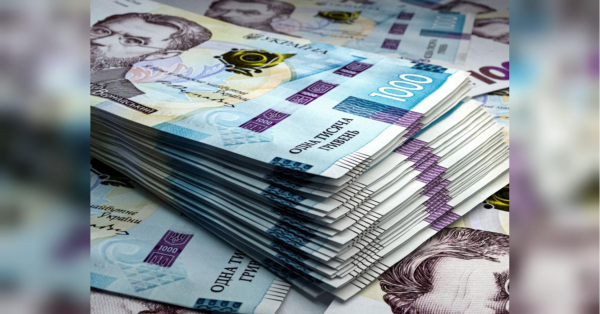
Prime Minister Anthony Albanese has rejected claims by his Israeli counterpart Benjamin Netanyahu that the Australian leader is a “weak politician who has betrayed Israel's interests” by supporting recognition of Palestinian statehood.
Netanyahu's sharp public criticism came after Albanese announced on August 11 plans to formalize recognition of Palestine at the UN General Assembly in September.
In response, there were mutual steps to cancel visa agreements between Australia and Israel.
“History will record Albanese as a weak ruler who betrayed Israel and left Australian Jews without support,” Netanyahu wrote on social media.

Albanese gave a tough response on Wednesday: “I show respect to the leaders of other countries and conduct dialogue within the framework of diplomatic norms.”
“I don't take such attacks personally,” the Australian Prime Minister stressed.
“The growing concern in the global community is linked to the desire to stop the protracted cycle of violence. Australians share this desire.”
Australian Home Affairs Minister Tony Burke has exacerbated the row by revoking the visa of far-right Israeli politician Simcha Rothman, a member of Netanyahu's coalition, who was planning a series of speeches in Australia.
Rothman represents the Religious Zionism party, which advocates continued fighting, large-scale resettlement of Palestinians through “voluntary emigration,” and the revival of Jewish settlements in Gaza.
Burke accused Netanyahu of “attacking” Australia similar to his actions against Britain, Canada, France, Ireland, Norway and Spain after their recognition of Palestine.
The minister rejected claims that Albanese was weak.
“True strength is not shown by the number of bombed people or the number of starving children,” Burke told the Australian Broadcasting Corp.
Israeli Foreign Minister Gideon Saar responded to the Rothman incident by revoking the visas of Australian representatives in Palestine.
Saar also instructed the Israeli embassy in Australia to tighten screening of visa applications for Israeli citizens.
Australian Foreign Minister Penny Wong said Netanyahu's actions are leading to Israel's international isolation.
Alex Ryvchin, co-chairman of the Australian Jewish Community Executive Committee, said the country's Jews were “extremely alarmed by the rapid deterioration in bilateral relations.”
He rejected Netanyahu's accusations, saying Australian Jews do not feel “abandoned” by the authorities.
“Allies must express their position directly, but with dignity. Public insults are unacceptable,” Ryvchin emphasized.
“Such methods contradict the principles of constructive dialogue.”
Australia is becoming a multi-ethnic state: more than 50% of the population was born overseas or has foreign roots.
Public sentiment reflects concerns about the Israeli-Hamas conflict, as evidenced by the thousands of pro-Palestinian rallies on Sydney Harbour Bridge earlier this month.
Anti-Semitism in Australia has reached historic highs, prompting the government last year to create a special envoy to combat it – Sydney lawyer Gillian Segal.
Australia's conservative opposition has vowed to reverse its decision to recognise Palestine if it wins the next election, scheduled for 2028.
Sourse: breakingnews.ie






